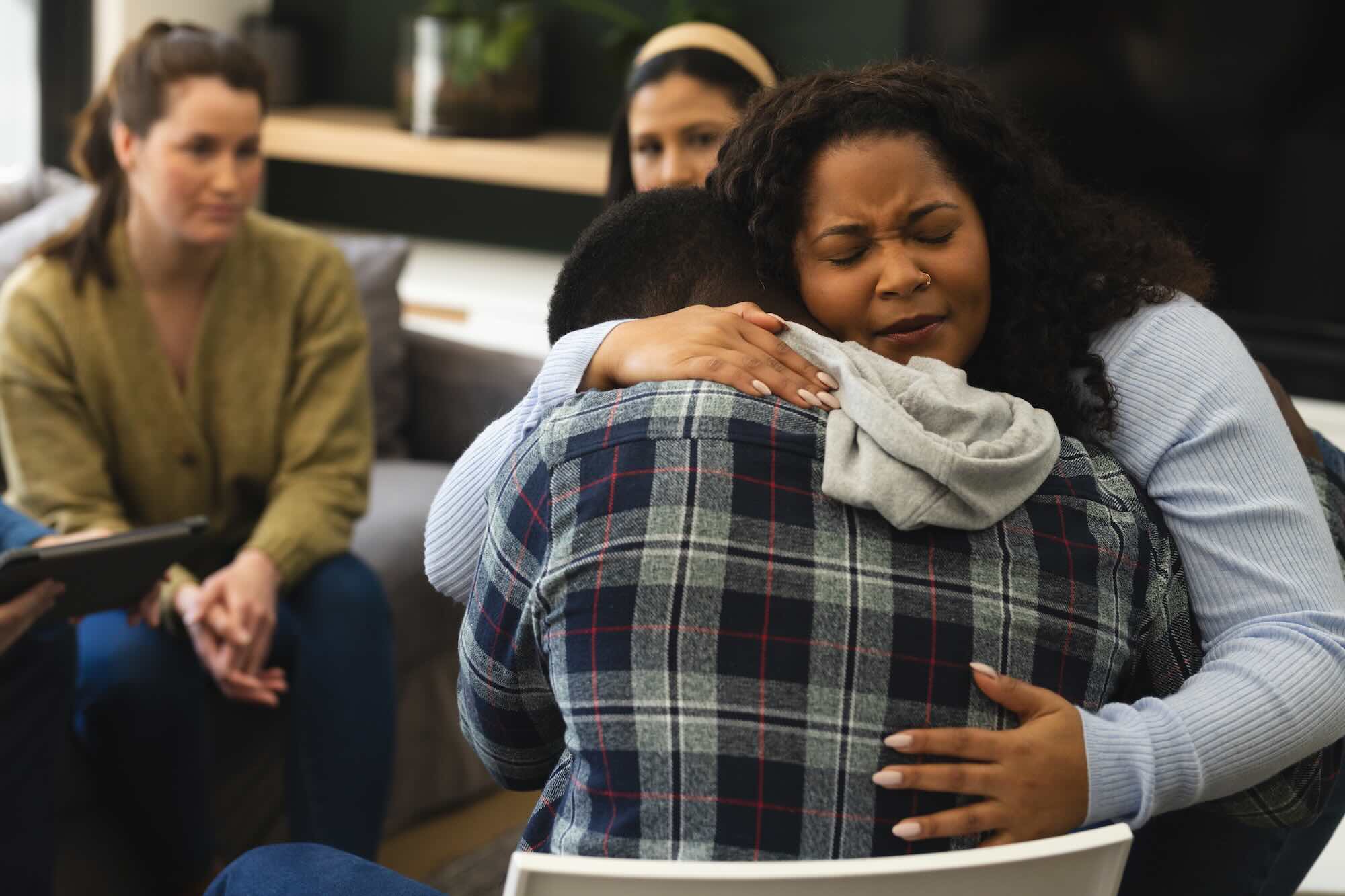Table of Contents
- Why is Aftercare Important?
- What Does a Full Continuum of Care Look Like?
- Partnering With Other Providers
Why is Aftercare Important?
Completing a substance abuse or mental health treatment program is a huge accomplishment. However, it’s just the beginning of the long, long journey that is sobriety.
Teens and families who have gone through a teen residential treatment program may believe that just completing that program is the only thing necessary in order to maintain sobriety or recovery. It’s common to think that once they go through that level of care, it’s okay for them to go back to living the same life that they were before entering treatment. This is rarely a good or constructive idea, as life before rehab is often full of people, places, and habits that weren’t supportive.
According to the National Institute on Drug Abuse, most teens struggling with substance abuse require at least 90 days in treatment in order to significantly reduce or completely stop their drug or alcohol use. This is also true for anxiety, depression, trauma and other mental health disorders. Engagement in the continuum of care is critical to supporting sustainable change and successful outcomes.
Although it can be hard to put life on hold in order to seek help, especially for teens, research has shown that the best outcomes occur with longer treatment episodes and with the completion of a full continuum of care.
What Does a Full Continuum of Care Look Like?
“Continuum of care” refers to the various levels of treatment that are available for those struggling with mental health and substance abuse. For teens 13-17, Sandstone Care offers a full continuum of care, including the following:
Teen Residential (30-45 Days)
We currently only offer our teen residential program in Colorful Colorado at Cascade Canyon Teen Residential but are expanding to open a teen residential center in Virginia in the very near future! Our teen residential program is a structured, thirty-day program that focuses on mental health struggles such as depression, trauma, anxiety, and co-occurring substance abuse issues. It also includes a strong family therapy component.
Teen Afterschool IOP (8-12 weeks)
Our Teen Intensive Outpatient Program, which is located at our Rockville office, allows teens to stay in school while also participating in treatment three days a week. Our Teen IOP is also ideal for teens who have recently completed a residential or inpatient program, such as Cascade Canyon Teen Residential, and would now benefit from a lower level of care as they transition home.
Teen Outpatient Program (2-6 months)
Our Teen Outpatient Program takes place on a part-time schedule, allowing teens to integrate back into life after completing a higher level of care, while still providing a structured and recovery-focused environment in which they can receive support. During this outpatient program, teens are provided with medication management support and connections to outside providers, as well as coached on recovery skills and relapse prevention.
Together, Sandstone Care’s Teen Treatment program provides a continuum of care which can exceed nine months in duration if accessing all levels of care.
Partnering With Other Providers
Completing a full continuum of care is unfortunately not within reach for everyone, but does set you up for the most success. We work with teens who have all kinds of unique needs and encourage our clients in Maryland to consider Cascade Canyon Teen Residential when clinically and medically necessary.
While Sandstone Care provides as many inclusive and accessible programs as possible, we are not the right program for everyone. When a situation arises where we are unable to provide the most appropriate care to client, we refer them to one of our vetted and trusted partners.
We make it a point to only associate ourselves with providers who also make their care accessible to clients, and who will promote an emotionally and physically healthy message to clients they work with.







